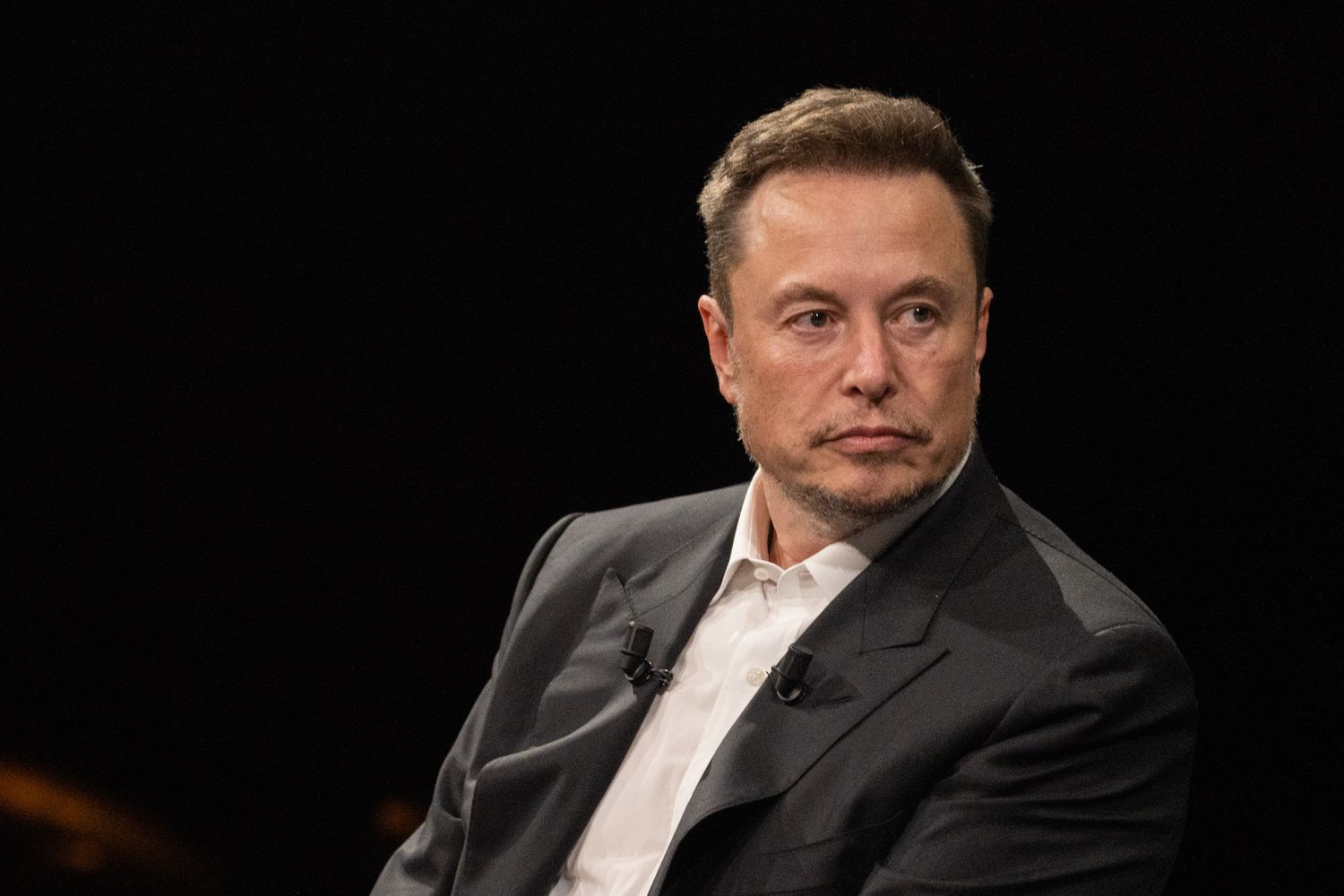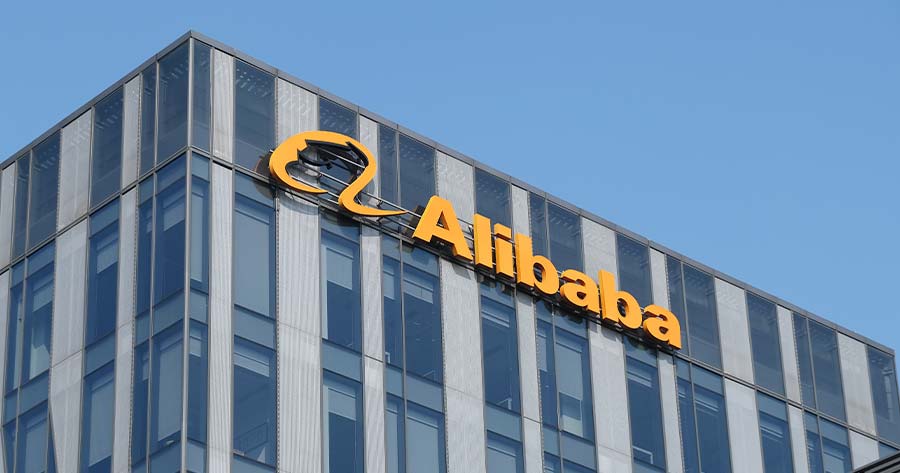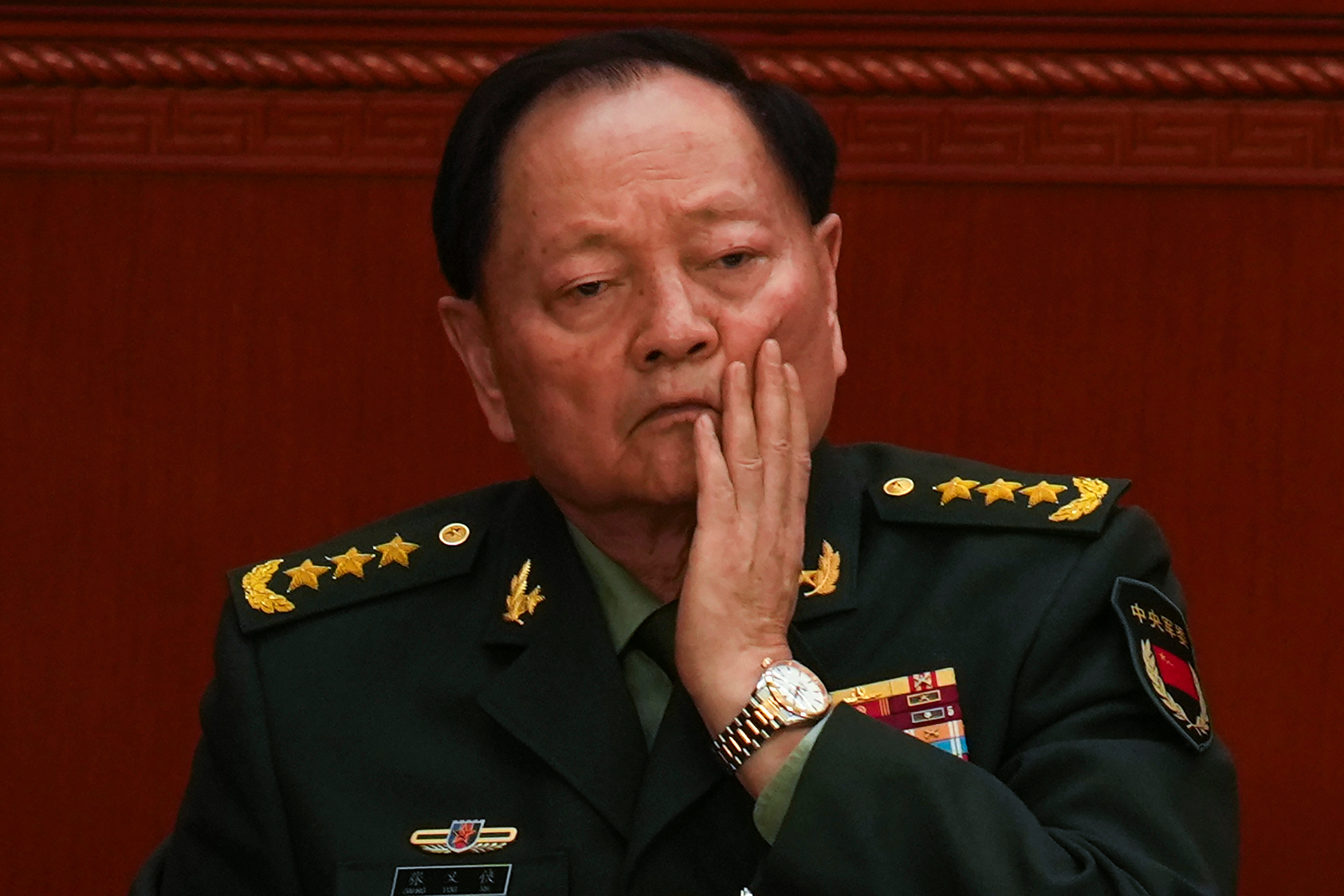Tech
AI Solutions for Health Care Take Center Stage at Las Vegas HLTH Conference

Next week, leading tech companies including Nvidia, Google, and Microsoft are set to gather in Las Vegas to showcase cutting-edge artificial intelligence tools aimed at reducing administrative burdens in the healthcare sector. The event, HLTH, which officially kicks off on Sunday, is expected to draw over 12,000 industry leaders. The spotlight will be on AI innovations designed to alleviate the overwhelming clerical tasks faced by doctors and nurses, freeing up time for patient care.
Health professionals often struggle with administrative tasks such as managing patient records, interacting with insurance companies, and adhering to regulatory requirements. These tasks, which are typically manual and fragmented across various platforms, contribute to burnout and exacerbate the nationwide shortage of healthcare workers. By 2028, a shortfall of around 100,000 health professionals is projected, partly due to these administrative challenges, according to research from consulting firm Mercer.
AI tools, particularly those showcased at HLTH, promise to tackle these inefficiencies. For example, Google’s newly available Vertex AI Search for Healthcare allows for quicker access to patient information stored across disparate medical systems, while Microsoft’s tools, like health care agent services and automated documentation solutions, aim to streamline medical processes and alleviate the administrative burden. With the healthcare market poised to reach $6.8 trillion in spending by 2030, tech companies are eager to stake their claim in this evolving sector.
These AI tools are also gaining acceptance within the medical community. A recent Google survey revealed that clinicians spend almost 28 hours per week on administrative tasks, and 91% of providers view AI positively as a way to streamline their workload.
As the industry eagerly anticipates the impact of these AI innovations, it’s clear that the future of healthcare is increasingly intertwined with technological advancements.
Tech
X to stop Grok AI from undressing images of real people

X has announced that its artificial intelligence tool, Grok, will no longer be able to edit images of real people to depict them in revealing clothing in jurisdictions where such activity is illegal, following widespread backlash over the misuse of sexualised AI deepfakes.
In a statement published on the platform, X said it had introduced new safeguards to prevent the Grok account from being used to manipulate photos of real individuals in a sexualised manner. “We have implemented technological measures to prevent the Grok account from allowing the editing of images of real people in revealing clothing,” the company said.
The move has been welcomed by UK authorities, who had previously raised concerns about the tool’s use. The UK government described the decision as a “vindication” of its calls for X to take stronger action to control Grok. Media regulator Ofcom also said the change was a “welcome development”, while stressing that its investigation into whether the platform breached UK laws is still under way.
“We are working round the clock to progress this and get answers into what went wrong and what’s being done to fix it,” Ofcom said, signalling continued scrutiny despite the latest measures.
Technology Secretary Liz Kendall welcomed X’s announcement but emphasised the need for accountability. She said she would “expect the facts to be fully and robustly established by Ofcom’s ongoing investigation”, underlining the government’s commitment to ensuring online safety rules are upheld.
However, campaigners and victims of AI-generated sexualised images say the decision has come after significant harm had already been caused. Journalist and campaigner Jess Davies, who was among women whose images were edited using Grok, described the changes as a “positive step” but said the feature should never have been permitted in the first place.
Tech
Alibaba Opens AI Video Generation Model for Free Use Globally

Chinese tech giant Alibaba has made its latest AI video generation models freely available worldwide, intensifying competition with rivals such as OpenAI.
The company announced on Wednesday that it is open-sourcing four models from its Wan2.1 series, its most advanced AI model capable of generating images and videos from text and image inputs. These models will be accessible via Alibaba Cloud’s Model Scope and Hugging Face, making them available to academics, researchers, and businesses globally.
Following the announcement, Alibaba’s Hong Kong-listed shares surged nearly 5%, continuing a strong rally that has seen the stock gain 66% in 2025. Investors have been optimistic about the company’s growing role in AI and its improving financial performance, buoyed by recent policy signals from Chinese President Xi Jinping supporting the domestic private sector.
Alibaba’s move aligns with a broader trend in China, where companies are increasingly embracing open-source AI. In January, DeepSeek, another Chinese firm, shook global markets by revealing that its AI model was trained at a fraction of the cost of competitors, using less-advanced Nvidia chips. Both Alibaba’s and DeepSeek’s models are open-source, meaning they can be downloaded and modified freely, unlike proprietary AI models such as those developed by OpenAI, which generate direct revenue.
The shift towards open-source AI has sparked debate over whether AI models will become commoditized. While companies like Meta are leading the open-source push in the U.S. with their Llama models, Chinese firms have been particularly aggressive in this space, aiming to drive innovation and build global AI communities.
Tech
VP JD Vance Pledges to Protect U.S. AI and Block Its Weaponization

Vice President JD Vance reaffirmed the U.S. commitment to safeguarding its artificial intelligence and semiconductor technologies, vowing to block efforts by authoritarian regimes to weaponize them.
Speaking at France’s AI Action Summit in Paris, Vance warned that some nations have exploited AI for military intelligence, surveillance, and foreign data manipulation. “This administration will block such efforts, full stop,” he stated. “We will safeguard American AI and chip technologies from theft and misuse, work with our allies and partners to strengthen and extend these protections, and close pathways to adversaries attaining AI capabilities that threaten all of our people.”
While he did not directly name China’s AI model DeepSeek, which has drawn global attention for its competitive performance at a lower cost, Vance criticized heavily subsidized technologies exported by authoritarian states. “We’re all familiar with cheap tech in the marketplace that’s been heavily subsidized and exported by authoritarian regimes,” he said.
In a pointed message to allies, Vance cautioned against collaborating with companies linked to such regimes, arguing it would compromise national security. “Chaining your nation to an authoritarian master that seeks to infiltrate, dig in, and seize your information infrastructure never pays off,” he added.
The U.S. has ramped up efforts to control AI development and chip manufacturing, tightening restrictions on exports to China and strengthening alliances in the tech sector.
-

 News1 week ago
News1 week agoRescue Efforts Intensify After Deadly Landslides Strike New Zealand’s North Island
-

 Sports1 week ago
Sports1 week agoSancho’s Breakthrough Strike Sends Aston Villa into Europa League Last 16
-

 News1 week ago
News1 week agoZelensky Secures Post-War Security Framework with Trump
-

 News5 days ago
News5 days agoUS to send ICE agents to Winter Olympics, prompting Italian anger
-

 News1 week ago
News1 week agoChina’s top general under investigation
-

 News6 days ago
News6 days agoIsrael to reopen Gaza crossing after search for last dead hostage’s body ends
-

 Sports5 days ago
Sports5 days agoVilla sign striker Abraham for £18.25m
-

 General1 week ago
General1 week agoTrump threatens Canada with 100% tariffs over China trade deal






















